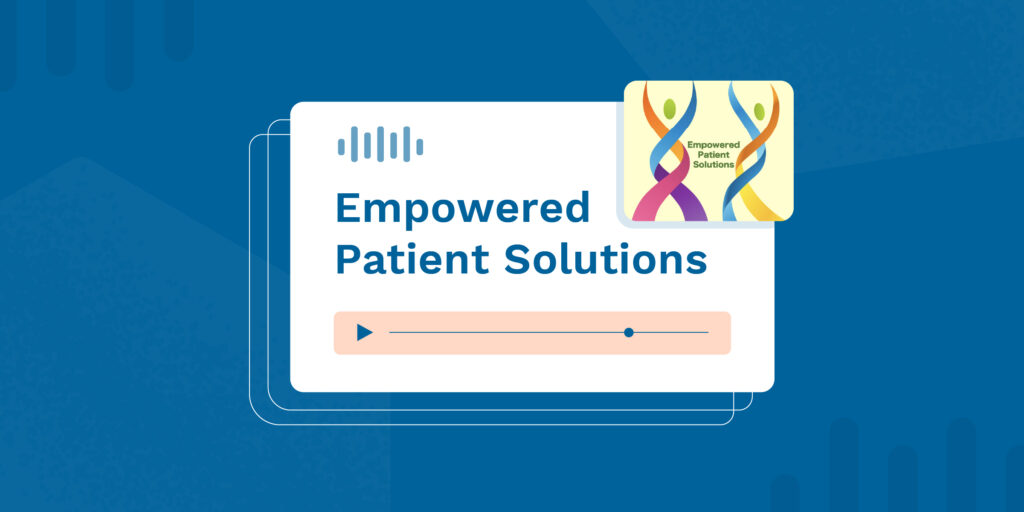In December 2020, the Centers for Medicare and Medicaid Services (CMS) announced a revision to the Substance Use-Disorder Prevention that Promotes Opioid Recovery and Treatment (SUPPORT) for Patients and Communities Act that mandated Electronic Prescribing for Controlled Substances (EPCS) covered under Medicare Part D. The law took effect on January 1, 2021; however, CMS is delaying enforcement of penalties until January 1, 2022. In addition, CMS is soliciting input on appropriate penalties for noncompliance and how any punishments will be imposed.
To comment on the mandate, visit regulations.gov.
Why EPCS matters
The intent of the SUPPORT Act is to help combat the opioid crisis which spiked to its highest level of 81,000 deaths in the 12-month period between June 2019 and May 2020. According to research by Surescripts, 79% of prescribers use electronic prescribing, but only 49% are EPCS-enabled, leaving room for greater implementation of EPCS-certified solutions. And smaller practices are less likely to use e-prescribing software than larger practices and hospitals.
If your practice doesn’t already use e-prescribing for controlled substances, you have a short reprieve from the penalization. However, January 2022 will arrive sooner than you think. And many states already require EPCS, with more on the way. That means now is a perfect time to enroll in RXNT’s proven, award-winning E-Prescribing software that is DEA-certified for EPCS.
Check out how an RXNT client capitalized on our E-Prescribing software to increase his patient load by 25%.
Ready to Get Started?
Schedule a no-risk demo with one of our customer advisors by completing the request form, calling (443) 863-6310, or sending an email.
Learn More
Visit our dedicated guide to EPCS mandates and read this short article that covers the advantages of EPCS adoption.




